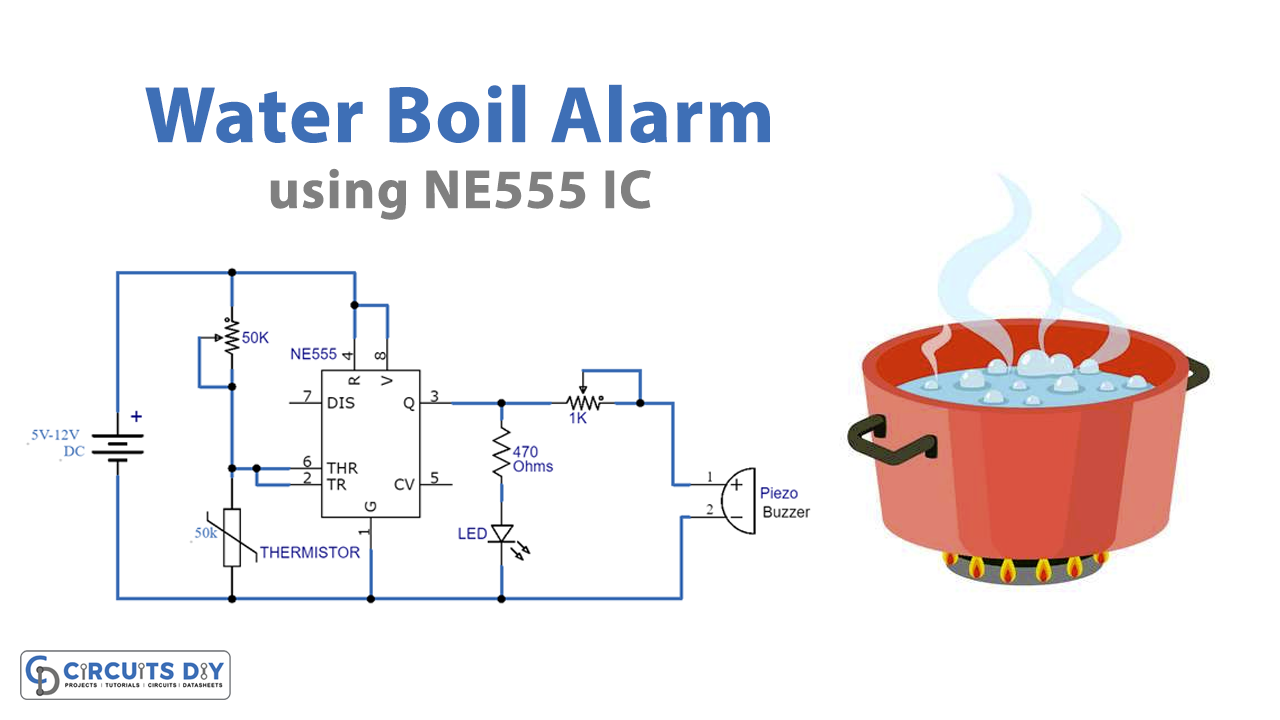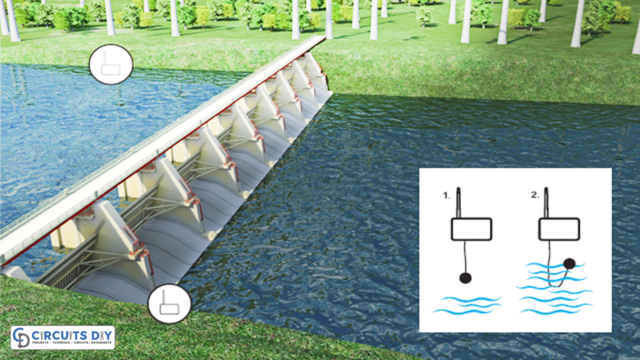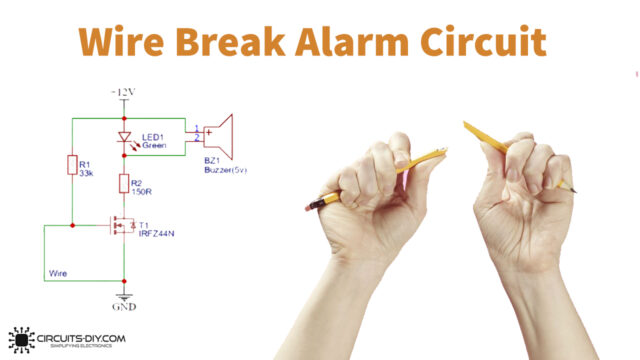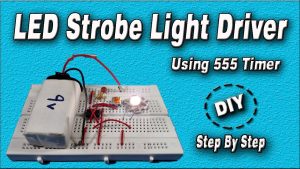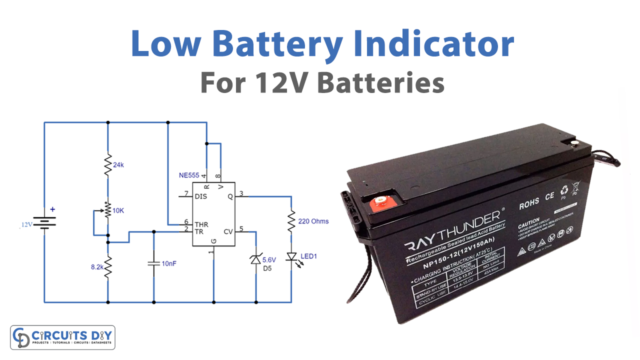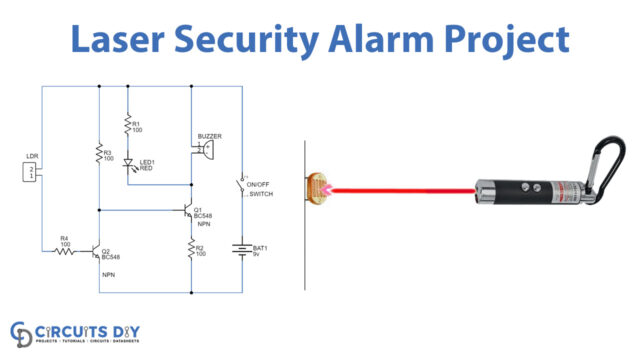We all know for a fact that watching and waiting for the water to boil in your kitchen could be a really boring thing to do and there is a chance of spilling if not paid attention. So you can get rid of all these issues with this circuit. this circuit is a Water boil alarm circuit that will inform you when water will reach the boiling point. you have your own personal assistant in the form of this circuit that looks out for the boiling water.
This circuit will indicate the water reaches its boiling point by activating an alarm and an LED. using an LED is optional if you want to remove it you can along with its current limiting resistor and add a relay switch instead to operate an AC/DC appliance with this circuit.
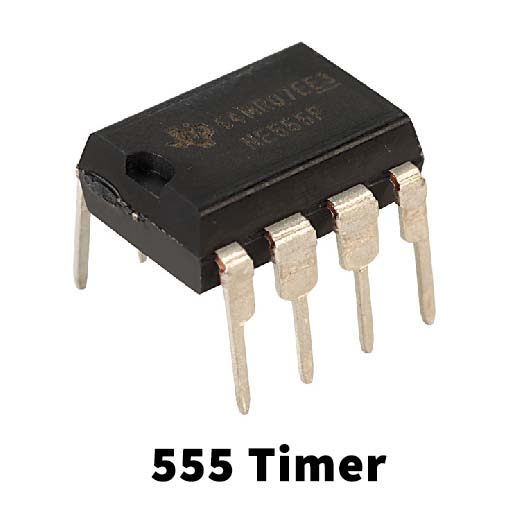
Hardware Components
The following components are required to make Water Boil Alarm Circuit
| S.no | Component | Value | Qty |
|---|---|---|---|
| 1. | Input Supply DC | 5-12V | 1 |
| 2. | Thermistor | 50KΩ | 1 |
| 3. | IC | NE555 Timer | 1 |
| 4. | Variable Resistor | 50KΩ, 1KΩ | 1 |
| 5. | Resistor | 470Ω | 1 |
| 6. | Piezo buzzer | – | 1 |
| 7. | LED | – | 1 |
NE555 IC Pinout
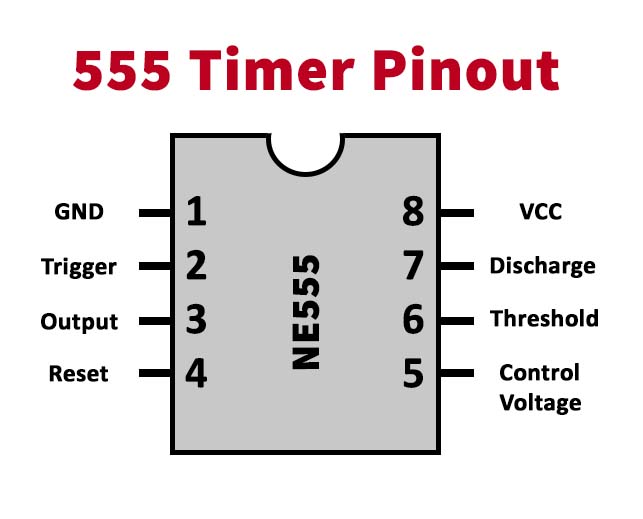
For a detailed description of pinout, dimension features, and specifications download the datasheet of 555 Timer
Water Boil Alarm Circuit

Working Explanation
The working of this circuit is simple when the water reaches the boiling point thermistor will sense the rise in temperature and turns on the circuit, this will activate the buzzer and the LED.
After completing the circuit there is some tuning and adjustment required. the 50K thermistor is supposed to be fitted in a small steel/iron enclosure to make sure that the water does not enter it and it only detects the temperature of the water. now make a connection of two ten inches wires with the thermistor and attach in the place of the thermistor as shown in the circuit diagram. Now boil your water and when it boils adjust the 50K variable resistor until the buzzer makes a sound.
The adjustments of the circuit are now completed and you can use this circuit with your water.
Applications and Uses
- Household purposes like boiling water, milk, etc.
- Industrial or laboratory purposes.


